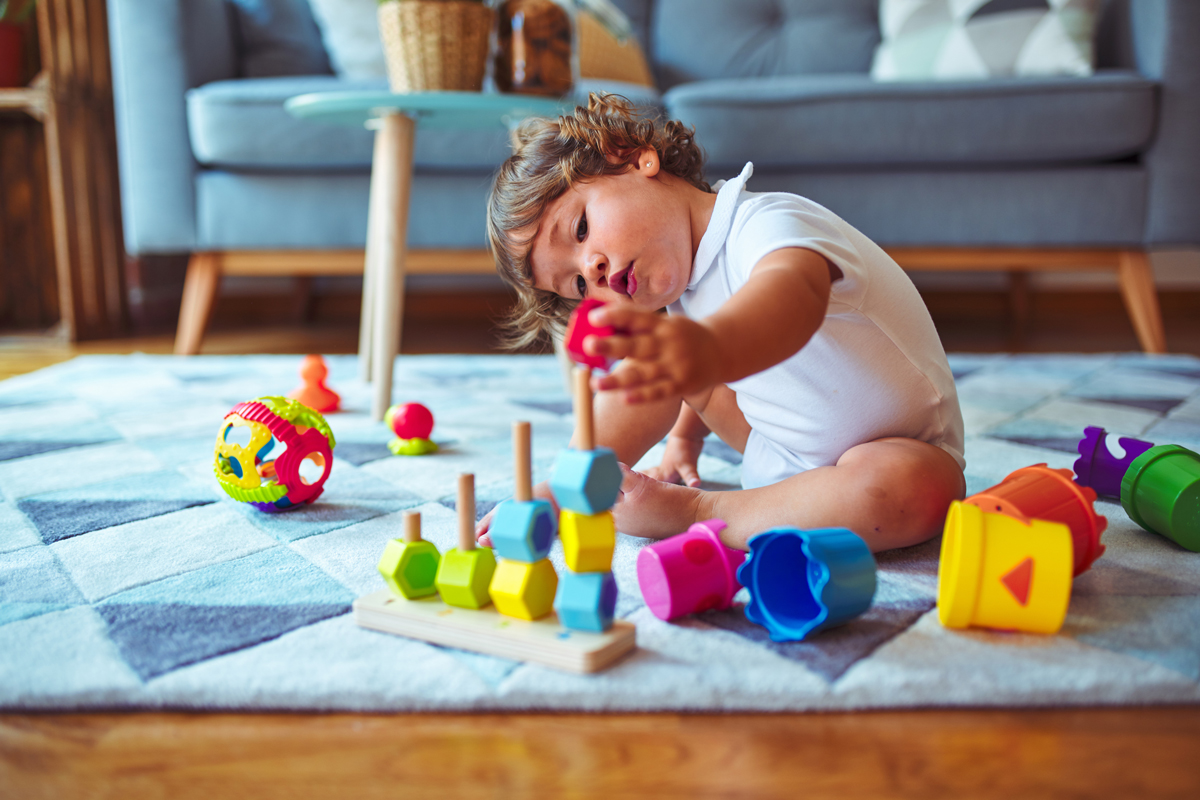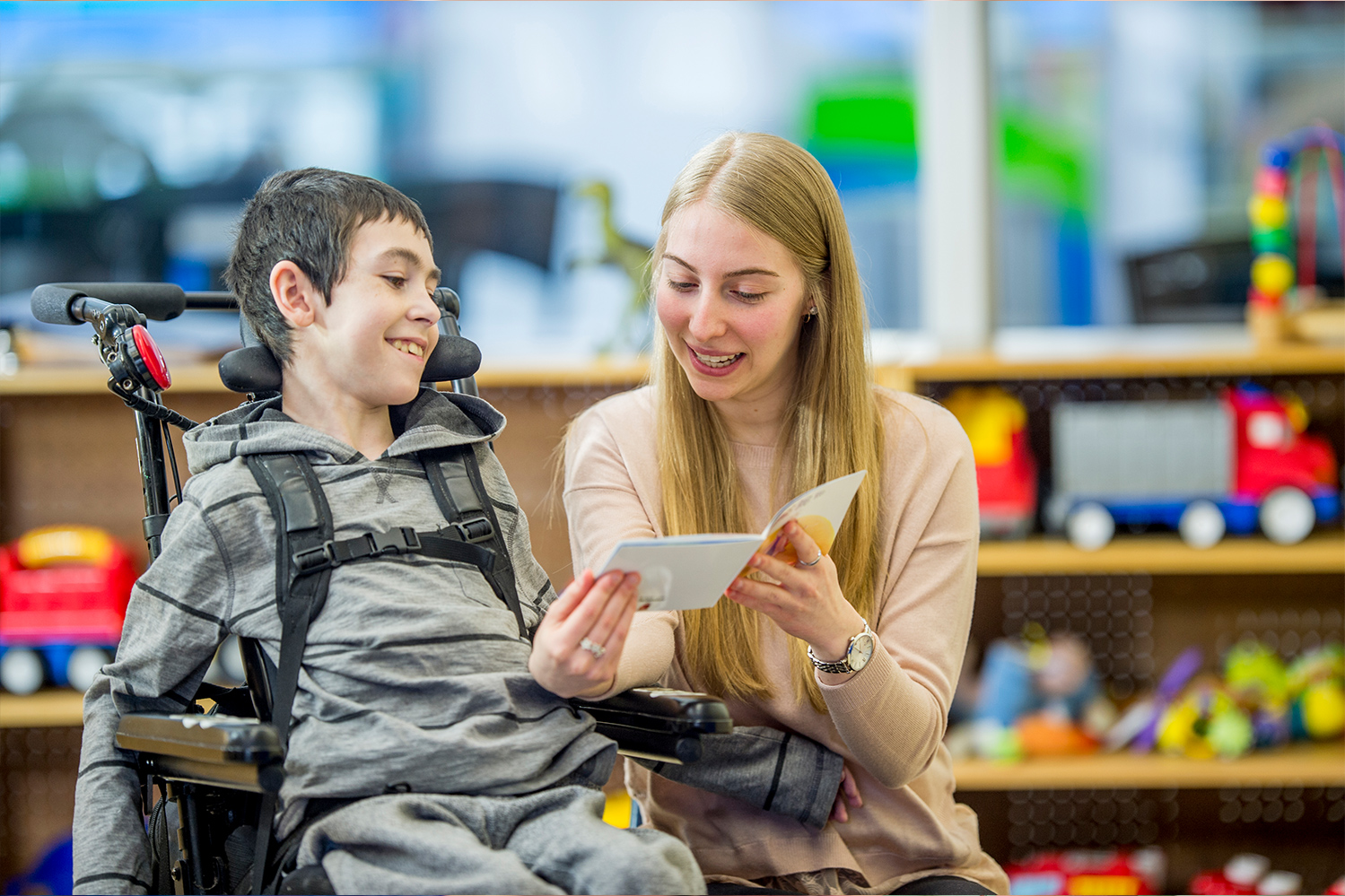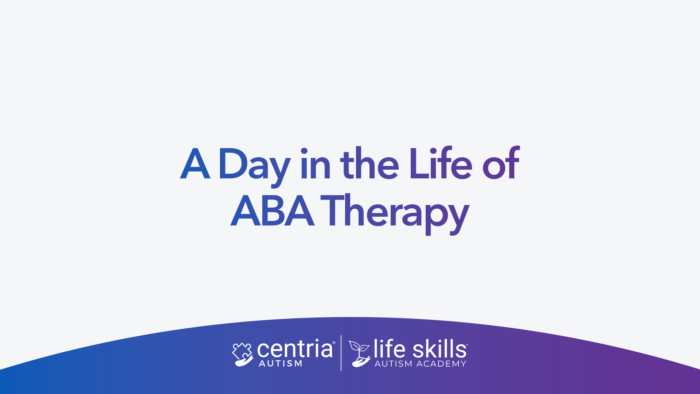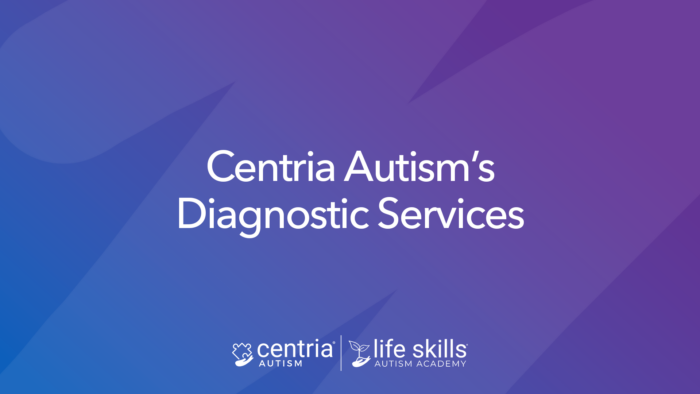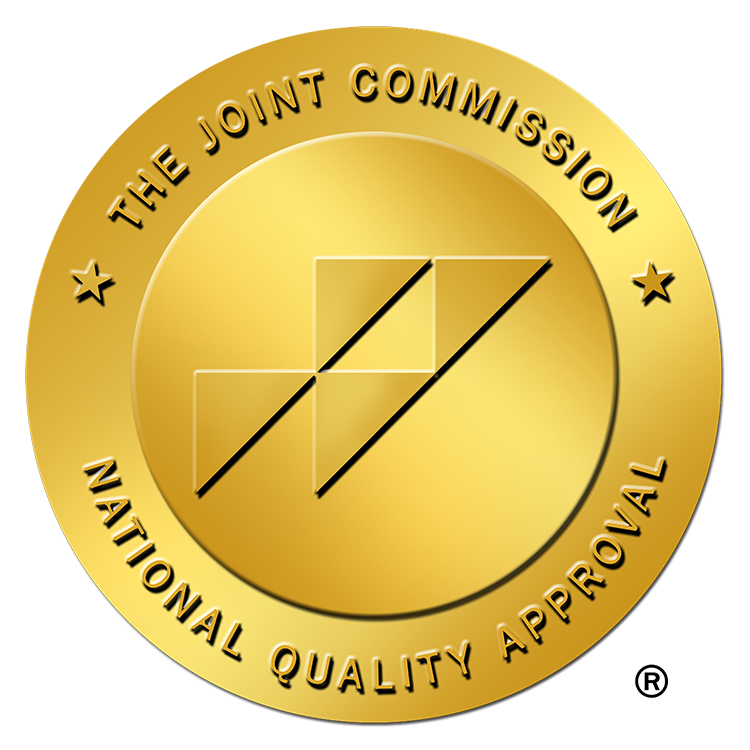Starting Applied Behavior Analysis (ABA) therapy is a big step for any family. As a Board Certified Behavior Analyst (BCBA), I understand that you might have questions and even some anxieties about what to expect. This blog post aims to help you prepare your child for their first day of ABA therapy, making the transition as smooth and positive as possible.
What is ABA Therapy?
Before we dive into preparation, let’s briefly touch on what ABA therapy is all about. ABA is a scientifically validated approach to understanding behavior and how it is affected by the environment. For children, it often involves teaching new skills, reducing challenging behaviors, and generalizing learned behaviors to different settings. The core of ABA is individualized treatment plans, meaning therapy is tailored to your child’s unique needs and strengths.
Preparing Your Child Emotionally and Mentally
The most important preparation is often emotional and mental. Here’s how you can help your child feel more comfortable and ready for their first day of ABA therapy:
- Talk About It Positively: Even if your child doesn’t fully grasp the concept of “therapy,” you can frame it positively. Talk about the new “learning center” or “playtime with a new friend” (the therapist). Use simple, reassuring language. For example, “You’re going to a special place where you’ll learn new games and play with new teachers!”
- Use Social Stories: Social stories are short, personalized stories that describe a situation, event, or activity. They can help children understand social cues, routines, and expectations. You can create a simple social story about going to therapy, meeting new people, and engaging in activities. Include pictures of the therapy center if you have them.
- Practice New Routines: If beginning ABA therapy involves a new routine (e.g., getting in the car at a specific time, going to a new building), practice it a few times beforehand. This can reduce anxiety associated with the unknown.
- Introduce the Idea of New People: Explain that they will be meeting new people who want to help them learn and play. If possible, show them pictures of their therapists ahead of time.
- Highlight Fun Aspects: Focus on activities they might enjoy. Will there be toys? Swings? Art supplies? Talk about the fun things they’ll get to do during an ABA therapy session.
RELATED: The Power of Routines for Autistic Children
Practical Preparations
Beyond the emotional aspect, there are some practical steps you can take to make the first day of therapy smooth for both you and your child.
- Gather Important Information: Your therapy center will likely provide you with a list of things to bring. This might include:
- Snacks and drinks (if allowed and needed)
- Comfort items (a favorite blanket or small toy, if it helps them transition)
- Any necessary medications
- A change of clothes (especially for younger children)
- Diapers/pull-ups (if applicable)
- Pack a “Go Bag”: Have a bag ready with all the necessary items the night before. This reduces morning stress.
- Review Your Child’s Schedule: If you’ve received a preliminary schedule, review it. Knowing the general flow of the day can help you prepare your child for transitions.
- Communicate with Your Therapy Team: Don’t hesitate to reach out to your BCBA or the therapy center with any questions or concerns you have before the first day. Share information about your child’s preferences, sensitivities, and any recent changes in their routine. This helps the team prepare for your child.
During the First Visit
The goal on day one isn’t to dive right into intensive therapy, but rather to begin building trust, comfort, and familiarity. Here are a few tips to help support a positive and successful start:
- Be Patient: Your child might be overwhelmed or shy at first. This is completely normal. Allow them time to adjust.
- Stay Calm and Positive: Children often pick up on their parents’ emotions. If you are calm and positive, your child is more likely to feel that way too.
- Follow the Lead of the Therapists: The therapists are trained to help your child feel comfortable. Trust their strategies for engagement.
- Provide a Comforting Goodbye: A clear and consistent goodbye ritual can be helpful. Avoid sneaking out, as this can increase anxiety.
What to Expect Post-First Day
After the first day, continue to maintain open communication with your therapy team. They will provide updates on your child’s progress and any observations they make. Remember, ABA therapy is a journey, and the first day is just the beginning. With proper preparation and a collaborative spirit, you can set your child up for a positive and successful experience.
As a BCBA, my goal is to support both your child and your family throughout this process. Don’t hesitate to ask questions, share concerns, and celebrate every small victory. You’ve taken a wonderful step toward supporting your child’s development!
About the Author
Courtney Burton is the Director of Clinical Services at Katy Life Skills Autism Academy. With over 10 years of experience in the field of Applied Behavior Analysis, and 10 years experience in educating children. Courtney is dedicated to providing high-quality, individualized care to children with autism and their families. Originally from Louisiana, Courtney, 42, is a proud mother to a 17-year-old daughter. In her free time, she enjoys spending quality time with family and friends, indulging in reality TV, traveling, and shopping. Courtney is passionate about empowering families and fostering positive development in every child she serves.
